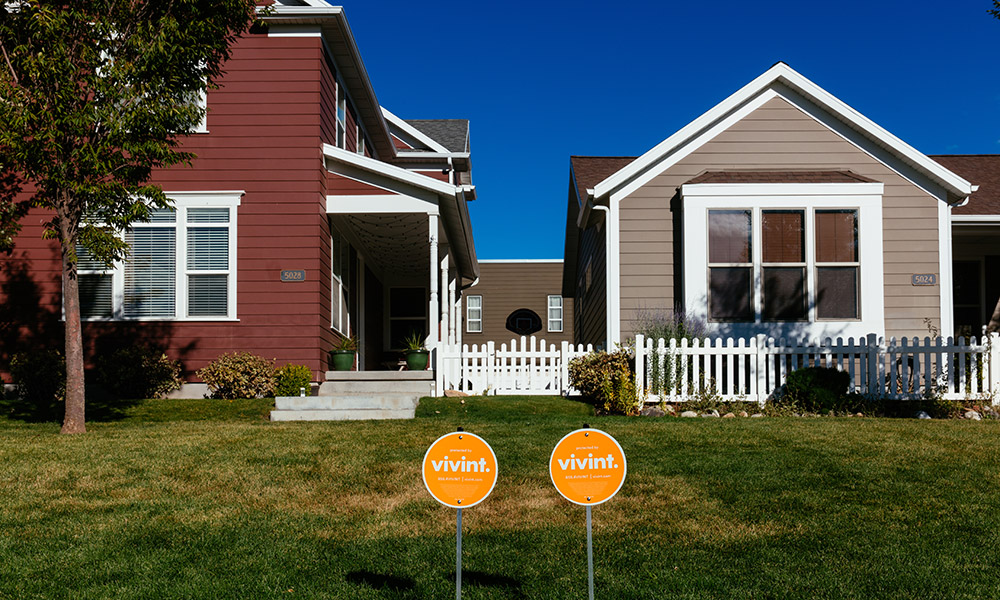
As humans, we have a massive impact on the environment. Why not use our powers for good to make the earth a cleaner, healthier, and better place to live?
You don't have to become an environmental activist to make an impact—even small changes to conserve energy and combat climate change matter. Take a look at some of the simple things you can do each day at home to make a difference.
Park your car
Transportation is the main cause of greenhouse emissions in the United States, and if you live in a heavily-populated city, you can see why. If you live close to your work, leaving your car in the garage and biking or walking a few days a week is one obvious way to combat this issue.
That's not always practical, though, especially during extreme weather or if you live far away from work or stores. Taking public transportation a few times a week or carpooling with coworkers to keep fewer cars (and emissions) on the road is an effective and simple alternative.
Practice responsible watering
Everyone enjoys a lush, green lawn, and that requires water. But with approximately 50 percent of water used for outdoor landscaping going to waste, taking steps to practice responsible watering can make a big difference in terms of water conservation.

Easy things you can do include:
- Regularly check hoses and sprinkler systems for leaks.
- Don't overwater. Many people inadvertently overwater their lawns. An easy way to tell if your lawn needs to be watered is to step on it. If it springs back, then it doesn't need any water.
- Be mindful of your sprinklers. Have you ever parked your car by a curb, only to return and find it covered in water? That wasted water could have been prevented with a properly placed sprinkler system.
Recycle
There's a lot more to recycling than just tossing papers or cans into the recycle bins (although that's good, too). Here are other ways you can recycle:
- Use reusable grocery bags. Not only do reusable grocery bags help the environment, but they definitely make life easier—you can fit more in one sturdy reusable bag than you can in a dozen plastic grocery bags.
- Buy rechargeable batteries. You'll eliminate waste, plus they'll end up saving you money in the long run.
- BYOM/BYOWB. Bringing your own mug or water bottle to work and refill it with coffee and water so you don't have to use up paper or Styrofoam cups. Mugs and water bottles also reduce the use of straws and other single-use plastics.
- Save your glass jars. Instead of throwing away glass food jars, reuse them to store leftovers.
- Donate your unwanted items. Instead of leaving old furniture, clothing, and other unwanted items on the side of the curb for trash pickup, donate them! Not only will you reduce landfill waste, but you'll also help others. Places like Habitat for Humanity Restore, Goodwill, and the Salvation Army all accept used goods.
Go vegetarian one day a week
Environmentally speaking, the production of beef has the highest environmental cost of any food. Cows produce the greenhouse gas methane when they digest food, which is released into the air as harmful emissions. Raising cattle also contributes to deforestation; about 70 percent of deforestation in the Amazon goes towards raising cattle.
That's not to say you have to suddenly cut out all burgers and steaks. Cutting meat products out of your diet when you cook one day a week, for example, helps reduce your carbon footprint significantly.


